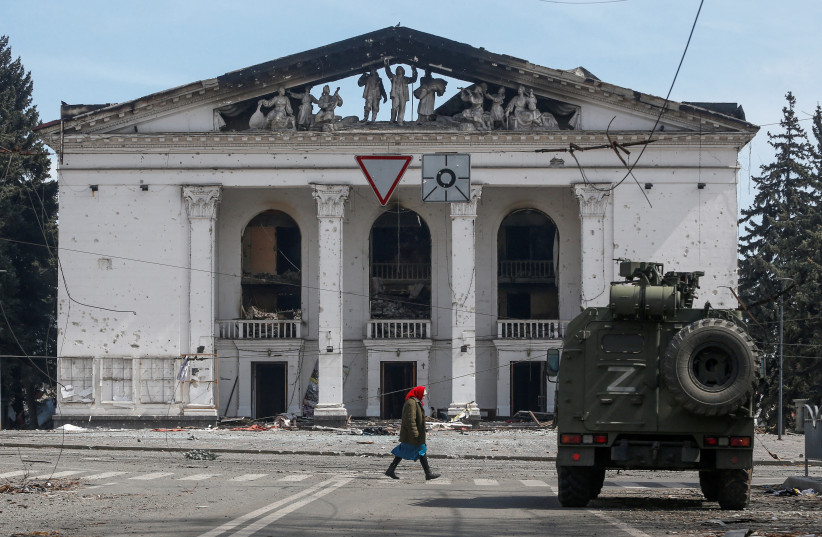Germany's gas reserves would last until at least late summer should Russian supplies stop now, the network regulator said on Tuesday, warning pressure on the European Union to ban Russian energy was building over civilian deaths in Ukraine.
In an interview with the weekly Die Zeit, Klaus Mueller, who heads Germany's Bundesnetzagentur, said current reserves looked slightly better than three or four weeks ago and could even last until early autumn in the event of an immediate supply halt.
With mounting civilian deaths in Ukraine amid Russia's invasion, Europe's largest economy is under pressure to wean itself off Russian gas and oil, as critics say the revenue provides Moscow with vital funds to wage war.
Mueller told Die Zeit reports of atrocities would increase pressure on the EU to ban Russian gas imports, which would force Germany to ration energy - a prospect he said was underestimated by many Germans.
Russia says it is conducting a "special military operation" in Ukraine to demilitarise its neighbor.

Germany last month triggered an emergency plan to manage gas supplies, the first step in a three-phase plan that could result in energy rationing, with priority given to households and critical infrastructure such as hospitals.
Gas rationing emergency plan
Mueller said households should not take the promise of prioritization for granted as they would have to give up some luxuries, such as saunas, if gas was rationed. He also said large apartments with one tenant should not count on uninterrupted gas supply in an emergency.
He said pharmaceutical and food companies would also be prioritised under any rationing.
The German Economy Ministry is also preparing legal amendments to make it easier for the energy regulator to expropriate energy companies as a measure of last resort to secure supplies in the event of an emergency.
Sources at the ministry told Reuters on Tuesday that the proposals also included making it more difficult for energy suppliers to terminate contracts if their financial health deteriorates.
The amendments also foresee making it a legal obligation for operators of gas storage facilities to inform the network regulator of plans to decommission facilities.
Gazprom Germania GmbH was taken into the energy regulator's control on April 4 as the economy ministry sought to stave off a possible acquisition by JSC Palmary and Gazprom Export Business Services LLC, both of Russia.
The EU last week approved new sanctions against Moscow, including a ban on coal imports starting in August, and Germany has stepped up efforts to reduce supplies from Russia.
Russian oil now accounts for 25% of German imports, down from 35% before the Feb. 24 invasion of Ukraine, and gas imports have been cut to 40% from 55%. Russian hard coal imports have been halved to 25%.
Chancellor Olaf Scholz said last week Germany could end Russian oil imports this year. However, Berlin has also said it could take until the summer 2024 to end its reliance on Russian gas.
